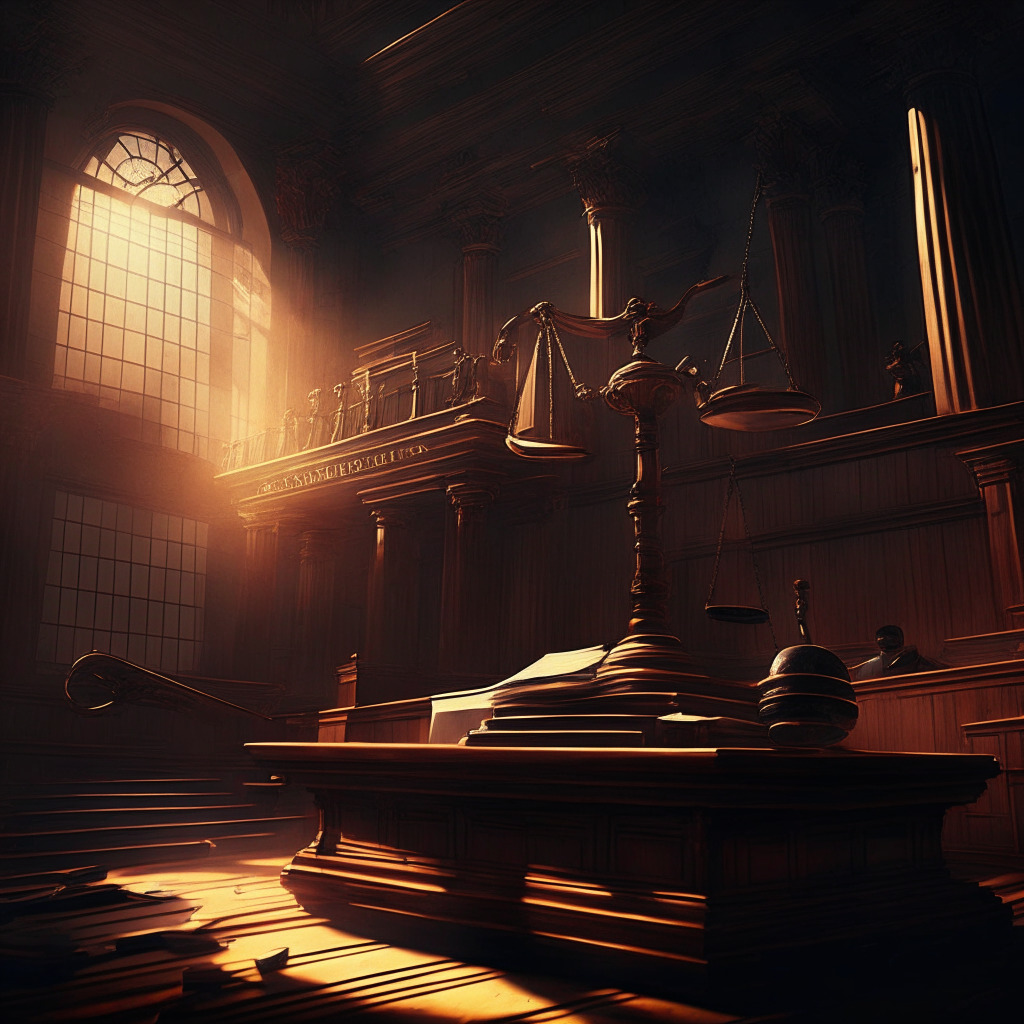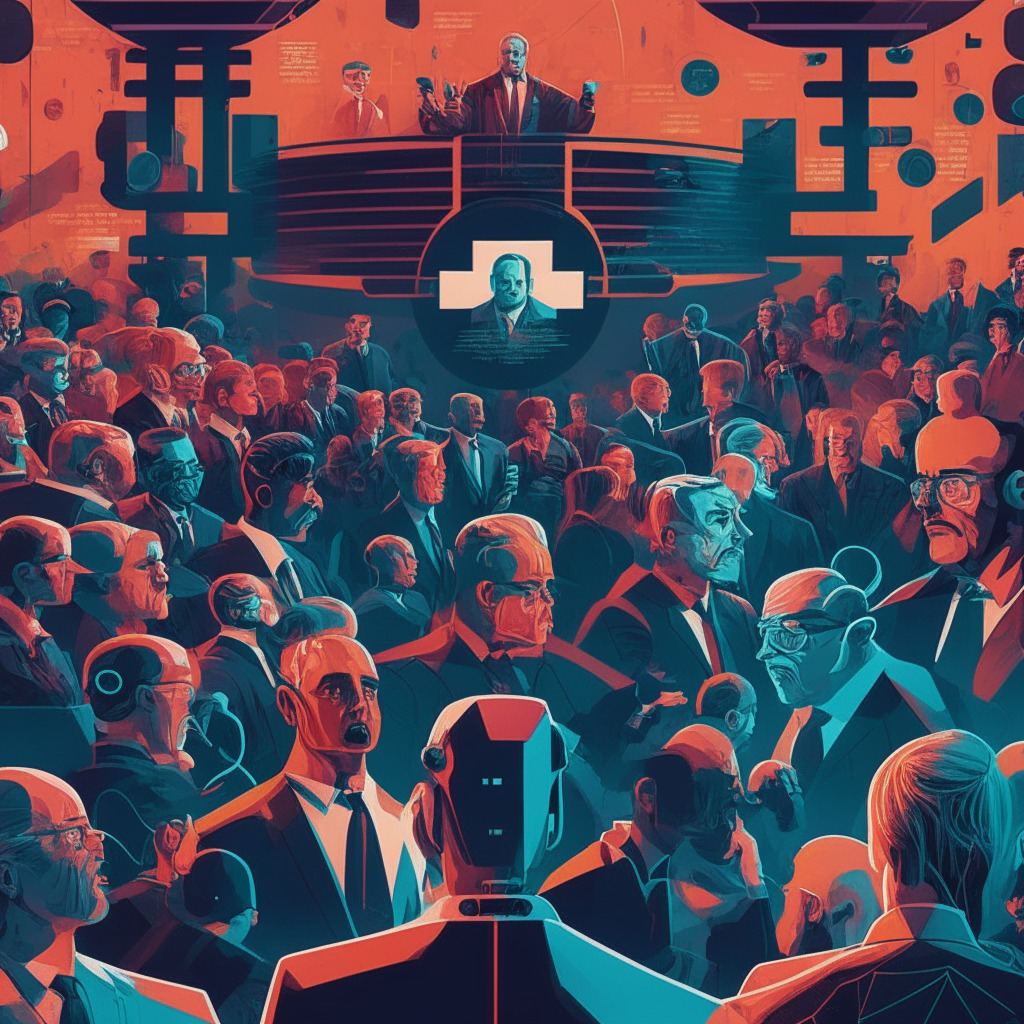A recent landmark court battle between decentralized organization Ooki DAO and the Commodity Futures Trading Commission (CFTC) resulted in a precedent-setting outcome, ultimately forcing Ooki DAO to shut down permanently and pay a $643,542 civil monetary penalty. This case marks one of the first instances of a government agency targeting a DAO and its token holders, and has significant implications for the industry as a whole.
Until this point, there has been a belief in the industry that DAOs and decentralized finance (DeFi) platforms were largely immune from regulatory scrutiny due to their decentralized nature. However, the CFTC’s case against Ooki DAO effectively shatters this belief. The key issue in this case was that the CFTC alleged that founders of Ooki DAO’s predecessor bZeroX intentionally attempted to hand over ownership of their non-compliant trading platform to the Ooki DAO to avoid potential legal pushback.
The court’s precedent-setting decision held that the Ooki DAO is considered a “person” under the Commodity Exchange Act and can, therefore, be held liable for violations of the law. The court found Ooki DAO guilty of the charged violations. This decision sheds light on a critical concern for the industry, as it reveals that simply adopting a DAO structure does not provide insulation from law enforcement.
The outcome of this case serves as a warning to those who believe they can circumvent regulations by adopting a DAO structure to avoid legal accountability. It is clear that the decentralization aspect of DAOs and DeFi platforms does not exempt them from regulatory scrutiny, and ultimately puts the public at risk.
While this case undoubtedly sends a strong message to the industry, it is important to carefully weigh the pros and cons of pursuing similar legal actions. On one hand, this decision sets a clear precedent that DAOs are not above the law and need to adhere to regulations, which can potentially protect consumers and maintain the market’s integrity. On the other hand, heavy-handed regulation could potentially stifle innovation and hinder the growth of this disruptive technology.
Ultimately, the Ooki DAO case highlights the need for a proper regulatory framework surrounding DAOs and DeFi platforms, taking into account their unique characteristics and potential for innovation. As the industry evolves, it is crucial that regulators strike a balance between protecting the public and fostering innovation in the blockchain and DeFi space.
Source: Cointelegraph




